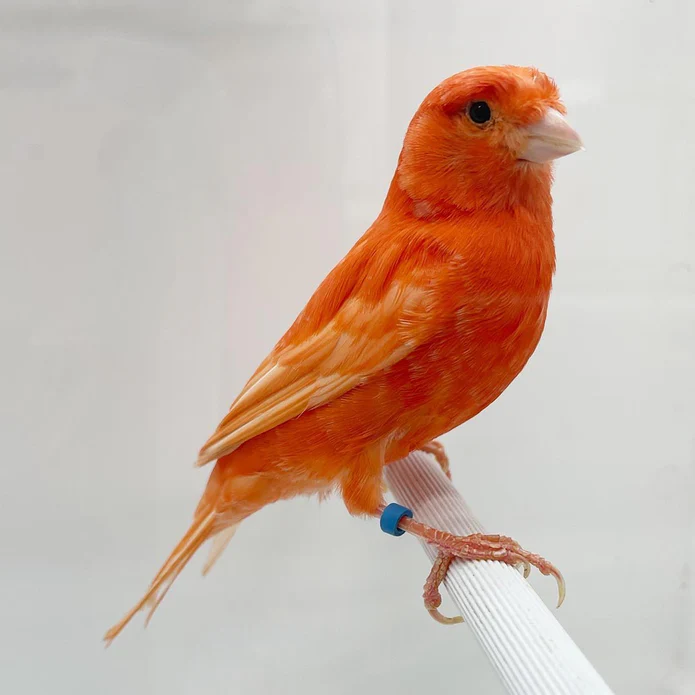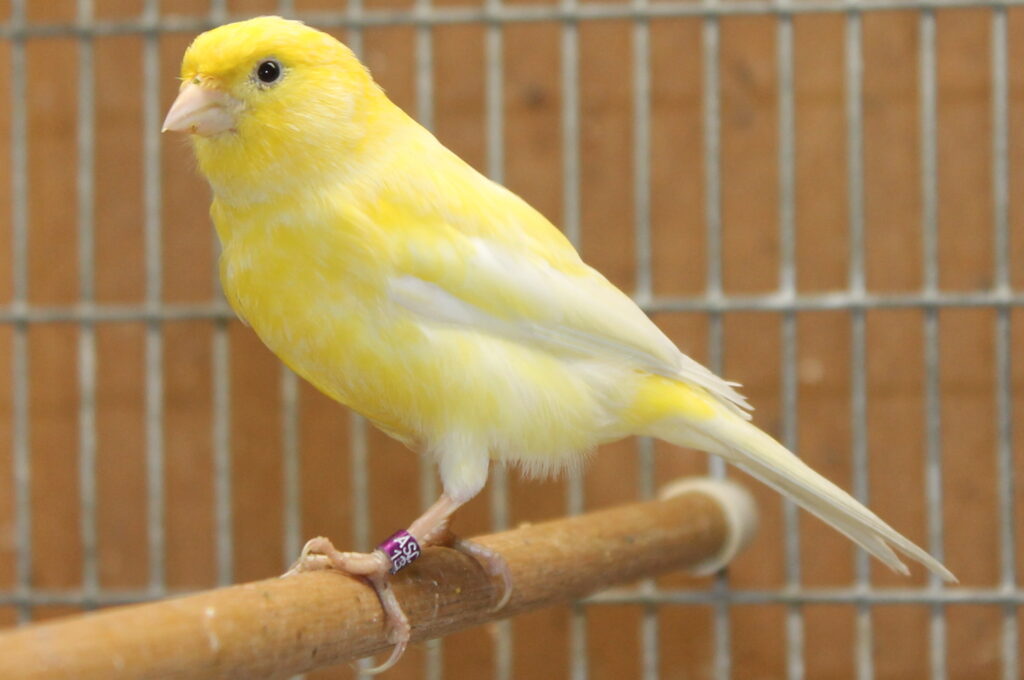Canaries for Sale
If you’re searching for canaries for sale, you’re likely drawn to these small, vibrant songbirds that have captivated bird enthusiasts for centuries. The domesticated canary, a member of the finch family, originates from the wild canaries of the Macaronesian Islands. These birds have a rich history, dating back to their first breeding in captivity in 1670. Known for their bright colors and melodious songs, canaries have become one of the most popular pet birds in the world.
The History and Origins of Canary Bird For Sale
Canary bird for salee today trace their origins to the Canary Islands, Azores, and Madeira. The name “Canary” comes from their native region in Spain’s Canary Islands. Wild canaries display a range of colors from green-yellow with brown markings to grey, while domesticated canaries are selectively bred for their bright yellow, orange, and even red hues. Germany played a pivotal role in the early breeding and training of these birds, particularly during the 17th century, which led to the small yellow canaries commonly seen in pet stores today.
Why Choose Canaries for Sale?
When considering canaries for sale, potential owners are often attracted by their beautiful songs and striking appearance. Canaries are relatively low-maintenance birds that thrive both in solitary cages and aviaries. Their songs, especially from males, are one of their most endearing traits. Despite their small size—just 3-4 inches long—they have a lifespan of up to 10 years or more with proper care, making them a long-term companion for bird lovers.
The Ideal Habitat for Your Canary
If you’re purchasing canaries for sale, creating the perfect environment is key to keeping them healthy and happy. A single canary requires a minimum cage size of 18” x 14” x 18” with metal bars spaced no more than 3/8” apart. However, providing a larger aviary that allows for flying will ensure a happier and healthier bird. Canaries are adaptable to household temperatures, but their habitat should never exceed 80°F. Place the cage in a well-lit area away from drafts and consider multiple perches of varying sizes to prevent arthritis. Regular cleaning and maintenance of the cage are crucial to avoid contamination and keep your canary in top health.
Socialization and Behavior of Canaries
When exploring canaries for sale, it’s important to understand their social needs. While canaries are social birds, they are best kept with their own species. They may bond closely with their owners or with a cage mate, though they are not particularly cuddly. Canaries enjoy interacting with their surroundings, playing with toys, and enhancing their singing abilities by mimicking sounds. In smaller cages, they can become territorial, so providing ample space is essential to prevent aggression.
Diet and Nutrition for Canaries
A well-balanced diet is essential for canaries, whether in the wild or in captivity. When purchasing canaries for sale, you should be prepared to feed them a diet primarily consisting of specially formulated canary pellets, which maintain their vibrant colors. In addition to pellets, a variety of seeds, fresh vegetables, and fruits should be offered. However, remove uneaten fresh food within a few hours to prevent spoilage. It’s important to avoid toxic foods like avocado, chocolate, and fruit seeds, which can cause serious health issues.
Breeding Canary Bird For Sale
Breeding canaries can be a rewarding experience, especially for those interested in expanding their flock. Canaries for sale are often bred during the spring, with males as old as five years and females at least one year old being ideal for reproduction. Introducing them gradually by placing their cages side by side can facilitate successful breeding. Supplementing their diet with nutritious greens like spinach and dandelion leaves can also enhance their breeding readiness.
Ensuring the Health of Your Canary
When considering canaries for sale, knowing how to identify a healthy bird is crucial. Healthy canaries are alert, socially active, and have bright, dry eyes. Their feathers should be smooth, and their appetite should be consistent. Conversely, signs of illness include fluffed or soiled feathers, sitting on the cage floor, coughing, or a lack of appetite. Regular veterinary check-ups and careful observation will help keep your canary in optimal health.





